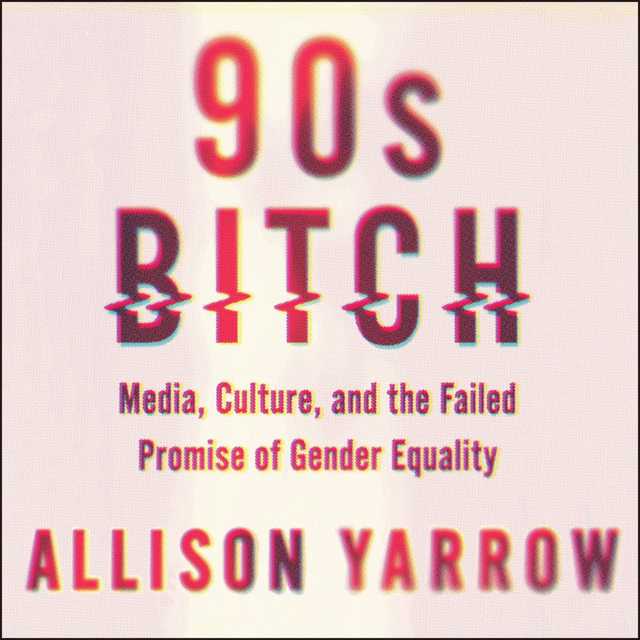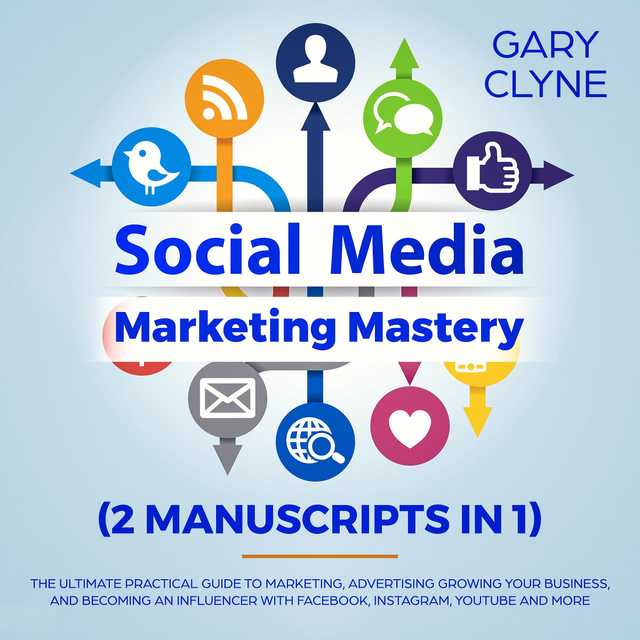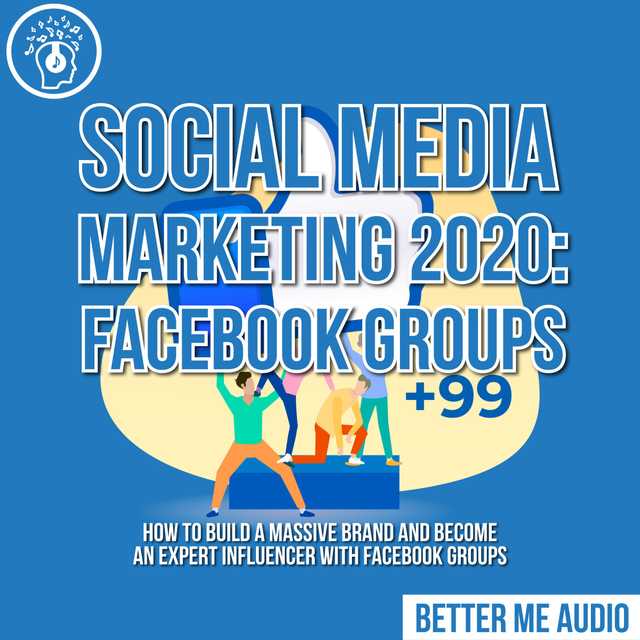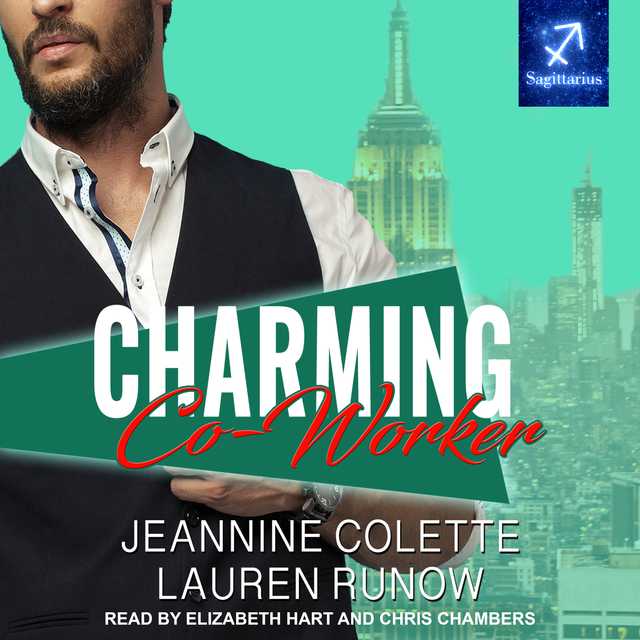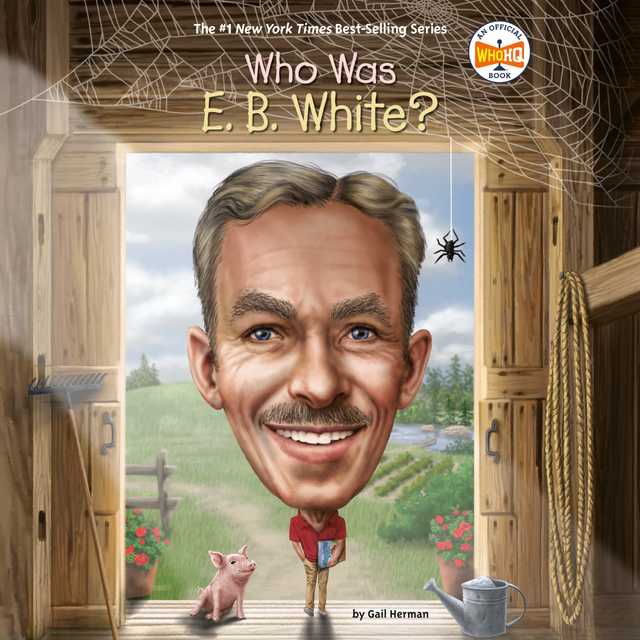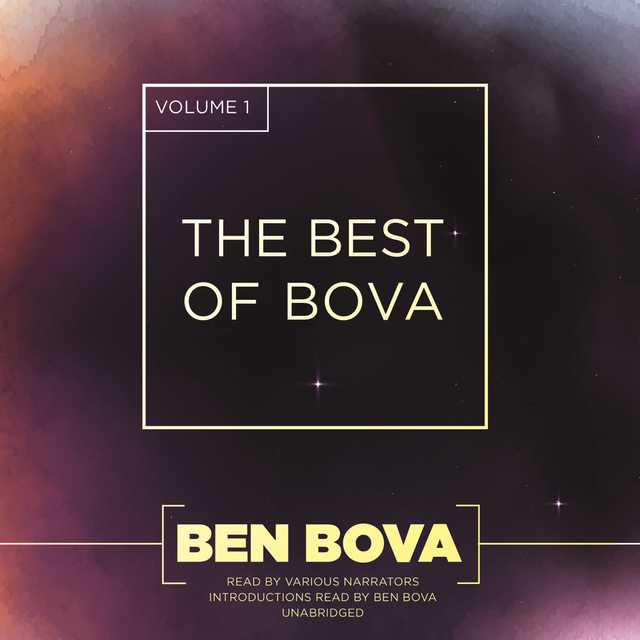90s Bitch Audiobook Summary
Finalist for the Los Angeles Press Club Book Award, muse to a Givenchy fashion collection, and recommended by the The New York Times, The Skimm, US Weekly, The Washington Post, The Boston Globe, Refinery 29, Book Riot, Bitch Media, and more.
“Yarrow’s biting autopsy of the decade scrutinizes the way society reduced — or “bitchified” — women at work, women at home, women in court, even women on ice skates . . . Direct quotes from politicians, journalists and comedians about the women provide the most jarring, oh-my-god-that-really-happened portions of Yarrow’s decade excavation.” — Pittsburg Post-Gazette
The nostalgic, smart, and shocking account of how the 90s set back feminism, undermined girls and women, and shaped the millennial generation from award-winning journalist, Allison Yarrow.
To understand how we got here, we have to rewind the VHS tape. 90s Bitch tells the real story of women and girls in the 1990s, exploring how they were maligned by the media, vilified by popular culture, and objectified in the marketplace.
Trailblazing women like Hillary Clinton, Anita Hill, Madeleine Albright, Janet Reno, and Marcia Clark, and were undermined. Newsmakers like Britney Spears, Monica Lewinsky, Tonya Harding and Lorena Bobbitt were shamed and misunderstood. The advent of the 24-hour news cycle reinforced society’s deeply entrenched misogyny. Meanwhile, marketers hijacked feminism, sold “Girl Power,” and poisoned a generation.
Today echoes of 90s “bitchification” still exist everywhere we look. To understand why, we must revisit and interrogate the 1990s–a decade in which empowerment was twisted into objectification, exploitation, and subjugation.
Yarrow’s thoughtful, juicy, and timely examination is a must-read for anyone trying to understand 21st century sexism and end it for the next generation.
Other Top Audiobooks
90s Bitch Audiobook Narrator
Allison Yarrow is the narrator of 90s Bitch audiobook that was written by Allison Yarrow
Allison Yarrow is an award-winning journalist and National Magazine Award finalist whose work has appeared in the New York Times, the Washington Post, Vox, and many others. She was a 2017 TED resident and is a 2018 grantee of the International Women’s Media Foundation. She produced the Vice documentary “Misconception,” and has appeared on the Today show, MSNBC, NPR and more. Allison was raised in Macon, Georgia and lives in Brooklyn, New York.
About the Author(s) of 90s Bitch
Allison Yarrow is the author of 90s Bitch
More From the Same
- Publisher : HarperAudio
- Abraham
- American Gods [TV Tie-In]
- Dead Ringer
- House of Sand and Fog
- Prey
90s Bitch Full Details
| Narrator | Allison Yarrow |
| Length | 11 hours 33 minutes |
| Author | Allison Yarrow |
| Category | |
| Publisher | HarperAudio |
| Release date | June 19, 2018 |
| ISBN | 9780062791351 |
Subjects
The publisher of the 90s Bitch is HarperAudio. includes the following subjects: The BISAC Subject Code is Gender Studies, Social Science
Additional info
The publisher of the 90s Bitch is HarperAudio. The imprint is HarperAudio. It is supplied by HarperAudio. The ISBN-13 is 9780062791351.
Global Availability
This book is only available in the United States.
Goodreads Reviews
Nev
July 07, 2018
4.5 ~* Only 90s kids will remember *~ … No, but actually as someone who was born in and grew up in the 90s I wasn’t aware of most of the content in this book while it was happening. 90s Bitch details the way women were treated in the media and pop culture during the 90s and how the promise of gender equality didn’t pan out. I LOVED this book. It gave me so much more of an understanding of sexism and the treatment of women during the 90s. A lot of the events covered here are things I had a little bit of knowledge about, but had never researched at any depth. So it was really interesting to be learning new things about Monica Lewinsky, Marcia Clark, Anita Hill, Lisa “Left Eye” Lopes, and so many other women. Much of the book is examining the sexist ways, and it some cases racist ways, these women were treated by the media and society at large. It was illuminating that many women didn’t even realize the overt sexism at the time, but have only realized it while looking back. Apart from profiling certain key women the book also discusses certain waves or trends in media and society, such as riot grrrl, “girl power,” Victoria’s Secret, and the obsession with being “girlish” or young. It was interesting and disheartening to read about the rebellion of the riot grrrl movement being watered down into “girl power” just to be used by marketers to sell products. I’m not sure if I should call this a criticism, since the book points this out, but there definitely isn’t a balance between white women and women of color who are featured. Allison Yarrow points out the ways in which black women in the media and in culture were treated differently than their white counterparts. And she also writes about how queer women weren’t even taken into consideration when talking about the broad narrative of why girls self harm. Overall the book mostly discusses straight white women, because unfortunately that was definitely how a lot of popular culture and media was skewed back then. I definitely recommend 90s Bitch to anyone who’s looking to learn more about feminism and sexism in the 90s. It’s very readable non-fiction. Statements are backed up with sources, but it never feels too academic or dense. Also, I made this 90s Bitch playlist on Spotify because I got super amped after reading this.
Nadine
July 14, 2020
Updating my star rating to five stars from four since I can't stop thinking about it.___“We now know not to be surprised by today’s misogyny, because it was seeded and cultivated decades ago when bitchifying any woman, every women, was just the way things were. Knowing this history is how we stop it from repeating. We can actually put our 90s nostalgia to potent use.” The moment I was made aware of 90s Bitch, I knew I had to read it. Some say that being born in 1992 makes me a 90s child, but I don’t remember much from the 90s and the things I do remember are from the late 90s. 90s Bitch offered me the chance to learn about 90s culture through a feminist lens. 90s Bitch covered sex, violence, workplace, and other topics through specific women. There are portions of the book that focused on Hillary Clinton, the first bitch, Monica Lewinsky, Marcia Clark, Courtney love, Roseanne Barr, and others. The way these women were treated because of their appearances or behaviors serve as examples of the bitchifaction of women who did not fit the traditional female role. The chapters that focused on Hillary Clinton and Marcia Clark were the chapters that resonated with me the most. After closely following the 2016 presidential election and assuming, like everyone else, Clinton’s inevitable success, I was crushed and bewildered thinking that women had finally gained footing in the battle for equality only to be cruelly reminded otherwise. After 90s Bitch, I have a new appreciation for Clinton and her relentless determination to break the ultimate glass ceiling. Clinton was dragged through the mud for her appearance, intelligence, and ambition. Even when she caved to conform to the medias’ relentless abuse, she was still criticised. Sure, Clinton has made mistakes, but name me a male of equivalent stature that was treated just as poorly and has still not been forgiven to this day. Yarrow divided 90s Bitch into chapters based on a specific topics like sex, workplace, anger, femininity, violence, etc. Though all the topics are related to one another, Yarrow’s writing is clear and concise as she makes her arguments and proves them tenfold. The many quotes found throughout 90s Bitch have not aged well and if these people are not ashamed then Yarrow’s point is proven further. I wish we could say that the 90s were what women expected when 1992 was named The Year of Women. I wish we could say that with every subsequent year women made irrefutable strides that still stand today. Unfortunately, 90s Bitch tells the story of how the media shaped the angry Grrl Power movement into the more subtle and less powerful Girl Power movement into the beginning of the 2000s’ tendency to hyper-sexualized young women with the introduction of Britney Spears. Overall, 90s Bitch is an infuriating account of the 90s through a feminist lens as it recounts the strides women made in the battle for equality and the relentless attacks the media delivered those on the frontlines. Today’s continued battle for equality is informed by the past, so it’s important to remember that the sacrifices made today are worth it for a better tomorrow.
Danielle
July 17, 2018
It’s amazing how much I missed in the media growing up in the 90s. The author challenges you to revisit those times and remember the women who were criticized in a redeeming light. There aren’t any “new” facts, just what the media didn’t want to portray to sell stories at the time. A must-read for a
Veronica
August 19, 2018
To be called a bitch is contextual and gendered. If a woman is called a bitch in anger, it is demeaning. If a man is called one in anger, it is not just demeaning, but an attack on their masculinity. And then there are those, like myself, who embrace the term as one of strength. Sometimes women use it as a term of endearment, "You are a strong bitch!" Other times we translate the attack and flip is back to the offender, "You're damn right I'm a bitch!" But how does the word impact our daily lives and politics? From Brenda versus Kelly to Tonya versus Nancy, Allison Yarrow's careful examination of who gets called a bitch reveals why the feminist movement failed to make the progress it should have in the 1990s and its ramifications to our lives today. You may wonder how one word has so much power. That is why "90s Bitch" is a must read, especially for everyone who grew up in the 1990s. By examining both sides of different scandals such as Hillary Clinton and Monica Lewinsky, Yarrow unpacks how the media and our reactions helped to fuel the unraveling of feminist goals that we still feel today. Hillary began the 1990s as the number one bitch. She was an unconventional First Lady who offended many who believed in the traditional doting wife model. Hillary offended many with her comment about not staying home to bake cookies, but once challenged to a bake-off, worked her ass off to win it. Many felt she wasted any goodwill by the revelations of Bill's infidelity by staying with him. On the other hand, Monica was rarely afforded support due to a massive case of slut-shaming. One thread Yarrow misses in this conversation is the reality that the Republicans had taken over Congress and the defense of Bill was one of political will, especially in light of Newt Gingrich and Henry Hyde's history of infidelity. Yarrow's indictment of feminist leaders is a hard pill to swallow for those of us lived through the moment, even if we have a sneaky suspicion that Bill deserved to be impeached for preying on an intern. But what Yarrow does is not just reveal the flaws of 1990s feminism in relation to the Bill Clinton affair, but how the bitchification of Monica prevented a better analysis of the situation. Again and again Yarrow reexamines how the trope of bitch derailed feminist progress in the 1990s. You may have lived through the 90s, but that means you likely took a side and Yarrow shows us that the only side of have was the movement's side. Disclaimer: I received a review copy of the book in exchange for an honest review.
Susan
July 22, 2022
Have been reading this book in small doses for months, and while normally that would mean I don't actually enjoy the book, definitely not the case with this one. 90s Bitch is well-researched and meticulously formatted, and Yarrow is able to tie together pop culture topics and celebrities like Melrose Place and Ally McBeal and the Courtney Love/Kurt Cobain relationship, within a historical context of analyzing 90s news stories that still maintain relevance today- from Anita Hill's sexual harassment testimony (and how she was mistreated by our now-President Biden) to the Lorena Bobbit and OJ Simpson trials, to comparisonns of the 2016 elections and those in the 90s "year of the woman" congressional elections, and all the inherent misogynistic undertones of these stories and their media coverage, in a way that begs readers to sit with all the information given, and pay attention to what has, and more importantly, what has NOT changed over the past 3 decades, for women. Finishing the book just after the overturn of Roe v Wade was actually kind of heartbreaking, as what little optimism the author was able to portray when the book was published in 2018, seems to be kind of...gone, and our political climate has only become worse and more bitterly divided, with conservative white women having clearly joined the wrong side and damaging our prospects for progress on so many of the issues discussed throughout the book. At any rate, I thought the writing was top notch, and the points salient,and as a woman who came of age in the 1990s, so MUCH of this book resonated with me on a personal level. For a 400+ page nonfiction tome on feminism and sexism, I thought it was a fantastic read. 4.5 stars, rounded up.
Miriam
June 06, 2022
This was a really compelling read. Yarrow explores 90’s pop and political cultures through the lens of sexism and feminism and it paints a really fascinating (and rage inducing) picture of people and events that I am old enough to remember. In a lot of ways my youthful impressions are reflections of the conservative Americana I was raised in, and I found the exploration of these events with the hindsight of 30 years to be really enlightening. It’s pretty depressing how little has changed since then— but it did give me more understanding of the current ( and same old) treatment, sexualization, and “bitchification” women today are still dealing with, and how to better scrutinize the bullshit when it hits the news cycles.
Rebecca
July 15, 2021
I felt like I was seeing the 90s clearly for the first time while reading this book. So well researched and so thorough in fleshing out (and taking the sheen off) well-known cultural moments. Many significant women of the 90s are finally viewed through a lens free of sexism in this book, a benefit they didn’t have 30 years ago. I wish I could recommend this book to everyone.
Jasmine
July 06, 2019
Great content. Do NOT listen to the audiobook. Narration is terrible. Weird vocal patterns and SUPER slow. I had it on 1.75x speed. But for anyone who loves 90s pop culture like I do, it’s well written and very enjoyable.
Jessica
September 01, 2018
Very thoroughly researched. I had such strong reactions to everything that Yarrow talked about - I was born in the late nineties, so the events of the decade are things that I've heard about and shaped the culture of my youth but neither witnessed nor knew much about. 90s Bitch offers a heartbreaking explanation of recent history from a feminist perspective that is absolutely essential for anyone who wants to understand where we are now and why. For the amount of information covered and references cited, it's a very concise book. She knows how to pare information down the essentials while retaining insightful and sometimes personal commentary.
Madeline
June 05, 2022
It took me a minute to get into it but I loved this book. It touches on so many cultural things from my childhood and was really fascinating. Highly recommend
Jessica
November 04, 2022
In 1998, I read an eye-opening book that continued my interest in all things feminism: Bitch-in praise of difficult women by Elizabeth Wurtzel. It was groundbreaking to my 16-year old self who was trying to please the world and the men/boys who inhabit it.Now, 20 years later Allison Yarrow has given us a sequel to Wurtzel’s book. Much of the same material is covered: Amy Fisher, Hilary Clinton, Courtney Love, etc. but it’s from a different perspective now that we are so far separated from the 90s. As a 16-year old in the late 90s I fervently hoped we would be so much farther along. But we’re still dealing with issues of misunderstandings about domestic violence and sexual assault and how it is dealt with in the media.Yarrow takes things further into the political arena, as well as the materialism culture that sold us back our fascination with Girl Power turning it all into a commodity and a joke. Riiiiot girl never took off because the media had nothing to package and sell there. The brilliance of these books is how they turn on a head the material we often take for granted that the media tries to sell us. This book was meticulously researched and kept my interest throughout. She also updated much of the material to include how these media portrayals of girls affected women of color and non-middle class women. Highly recommend this book to all women who grew up in the 90s, and especially to those of us now raising kids of our own, as a way to spot these media trends and not buy into them with our own kids
Lance
March 08, 2019
Yarrow's jaunt down the 1990s through the prism of gender is so much better than any CNN documentary. She delves into how gender was represented in media and culture throughout the 1990s from Beverly Hills 90210 and Melrose Place to the sexual scandals of Clarence Thomas and Bill Clinton to the female music icons (Gwen Stefani, Courtney Love, Fiona Apple, Britney Spears, and others) to the murder trial of OJ Simpson and Marsha Clark. It's a cornucopia of reflections around the many different issues that arose and as someone who grew up in the 1990s, I appreciated this renewed look at how gender played out in politics, pop culture, and even education. It helped me understand some of the more problematic assumptions or thoughts that I had at the time and where they came from. Yarrow's skill is in her multipronged approach of given the context of events and people and then levelling myriad quotes from media at the time to show the narrative arcs that were often put upon the women (for instance, she traces out how the Tonya Harding/Nancy Kerrigan contained various cultural narratives around catfights, ice princesses, low-class/sexualize/trashy girls, and spoiled brats) and often, following up with interviews from the those involved in events at the time. Finally, so much of what Yarrow discusses resonates with the 2010s, especially post-2016--a point that even she recognizes at the conclusion of the book.
Most Popular Audiobooks
Frequently asked questions
Listening to audiobooks not only easy, it is also very convenient. You can listen to audiobooks on almost every device. From your laptop to your smart phone or even a smart speaker like Apple HomePod or even Alexa. Here’s how you can get started listening to audiobooks.
- 1. Download your favorite audiobook app such as Speechify.
- 2. Sign up for an account.
- 3. Browse the library for the best audiobooks and select the first one for free
- 4. Download the audiobook file to your device
- 5. Open the Speechify audiobook app and select the audiobook you want to listen to.
- 6. Adjust the playback speed and other settings to your preference.
- 7. Press play and enjoy!
While you can listen to the bestsellers on almost any device, and preferences may vary, generally smart phones are offer the most convenience factor. You could be working out, grocery shopping, or even watching your dog in the dog park on a Saturday morning.
However, most audiobook apps work across multiple devices so you can pick up that riveting new Stephen King book you started at the dog park, back on your laptop when you get back home.
Speechify is one of the best apps for audiobooks. The pricing structure is the most competitive in the market and the app is easy to use. It features the best sellers and award winning authors. Listen to your favorite books or discover new ones and listen to real voice actors read to you. Getting started is easy, the first book is free.
Research showcasing the brain health benefits of reading on a regular basis is wide-ranging and undeniable. However, research comparing the benefits of reading vs listening is much more sparse. According to professor of psychology and author Dr. Kristen Willeumier, though, there is good reason to believe that the reading experience provided by audiobooks offers many of the same brain benefits as reading a physical book.
Audiobooks are recordings of books that are read aloud by a professional voice actor. The recordings are typically available for purchase and download in digital formats such as MP3, WMA, or AAC. They can also be streamed from online services like Speechify, Audible, AppleBooks, or Spotify.
You simply download the app onto your smart phone, create your account, and in Speechify, you can choose your first book, from our vast library of best-sellers and classics, to read for free.
Audiobooks, like real books can add up over time. Here’s where you can listen to audiobooks for free. Speechify let’s you read your first best seller for free. Apart from that, we have a vast selection of free audiobooks that you can enjoy. Get the same rich experience no matter if the book was free or not.
It depends. Yes, there are free audiobooks and paid audiobooks. Speechify offers a blend of both!
It varies. The easiest way depends on a few things. The app and service you use, which device, and platform. Speechify is the easiest way to listen to audiobooks. Downloading the app is quick. It is not a large app and does not eat up space on your iPhone or Android device.
Listening to audiobooks on your smart phone, with Speechify, is the easiest way to listen to audiobooks.

